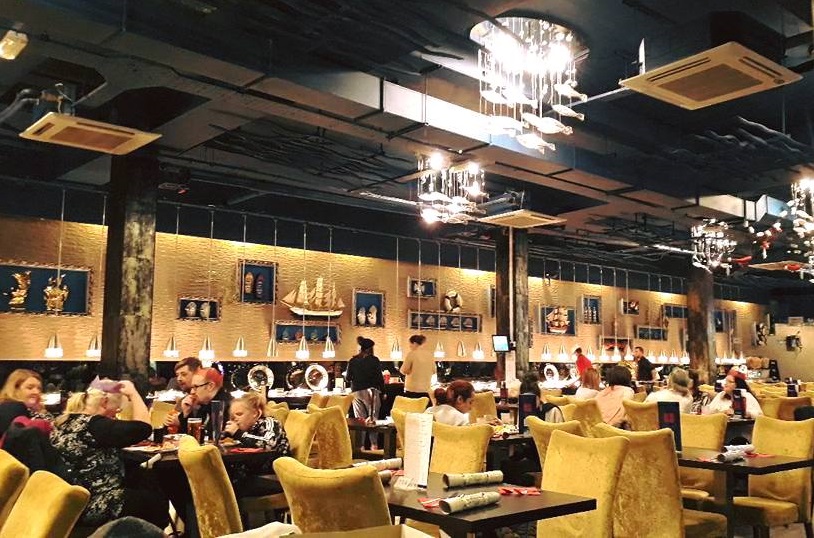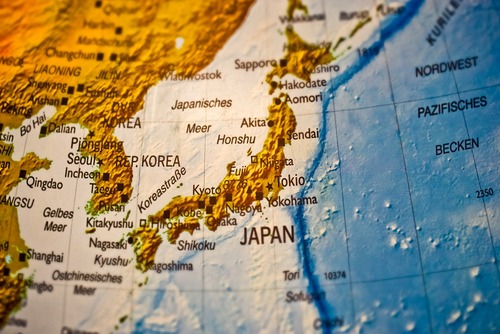Whether it’s rounding up the bill to tip your waiter, letting the taxi driver keep the change or giving your tour guide a few spare coins, tipping can be a stressful thing.
Is there even a correct way to leave a tip? Well, yes, it turns out - but, confusingly, in different places around the world tipping amounts, habits and reasons vary.
In Britain, it seems many diners decide whether to tip or not in a restaurant or bar depending on the vibe they get from their waiter or waitress, or the impression they have made.
Recent research published by Voucherbox revealed that 23% of Brits leave more money "when the waitress or waiter has a nice smile". And 16% said the tip would increase if they came to take their orders with a "flirty manner".
However, a huge turn-off is dirty fingernails - more than a third said they would leave a smaller tip if their server hadn’t scrubbed their nails. So for any waitresses or waiters reading this, don’t forget to buy yourself a nail brush!

A server's personality or attitude may influence a British diner to tip or not
Even though it’s not a legal requirement to leave a gratuity in America, there’s is a big expectation that you will. At restaurants, a tip of 15%-25% to your server on top of the total is normal.
While you wouldn’t be breaking any law by not leaving a tip, you might even face questioning by the manager. However, tipping in the States isn’t just reserved for your waitress or waiter; giving your hairdresser or taxi driver a 20% gratuity is also standard practice.
On the other hand, in Japan, tipping is by no means the done thing. The friendly gesture may be perceived as rude and may create some confusion, in fact. This is because there’s an expectation of good service.
It is very rare to tip in Japan, apart from in the tourism industry, where staff is more accustomed to Westerners' ways. If you do want to give something extra, it should be done discreetly – with the tip concealed in a small envelope. Giving cash by hand straight out of your pocket is seen as impolite.

In Australia, letting your server keep the change is an equivalent to tipping. It’s only now becoming more common to leave a gratuity in restaurants, but in hair salons, hotels and taxis, there’s still not an expectation for customers to do anything more than pay the amount asked for.
Many Italians don’t leave tips at restaurants, and this is partly because most restaurants will include a service charge and cover charge in the bill anyway. However, it’s quite common for tourists who are accustomed to leaving tips in their own country to leave a tip of about 10%. Similarly, in France, tipping is seen as a kind gesture rather than a necessity and an expectation.
In many countries, including Bulgaria and Greece, waiters and waitresses are paid the minimum wage, so therefore if you’ve received good service, then a tip is likely to be welcomed.
The custom of tipping is seen as generous in most countries, yet can risk causing offence in other places. If you’re travelling somewhere, it’s most likely you’ll go out for a few meals or you’ll get a taxi ride at some point.
Considering that you’ll be happy enough with the service, it’s a good idea to know whether you should pay a tip or not. A quick bit of research before visiting a new country could avoid you some embarrassment.








